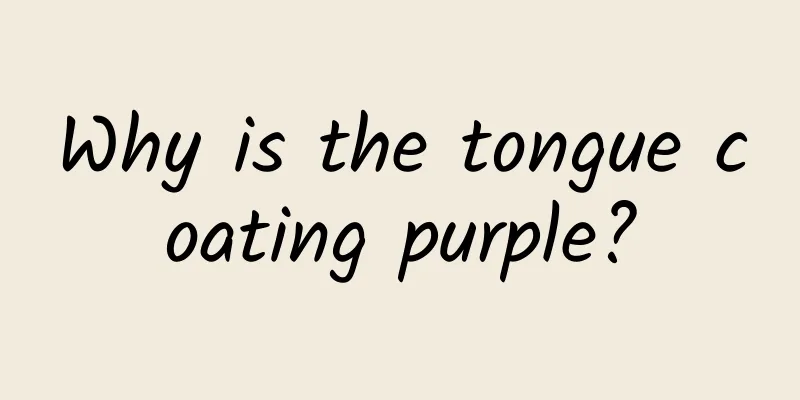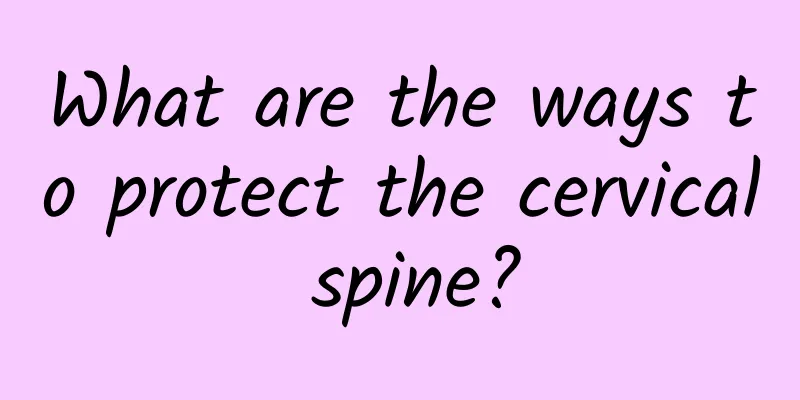Where to apply cupping for frozen shoulder?

|
The incidence rate of frozen shoulder in women is generally higher than that in men. Once you suffer from frozen shoulder, it will affect your normal life and daily work. If it is severe frozen shoulder, arm movement may be restricted. Some frozen shoulder cannot be treated by exercise. If some frozen shoulder is treated with exercise, the pain caused is often unbearable. At this time, cupping treatment can be chosen. Where should cupping be applied for frozen shoulder? Patients with frozen shoulder can be treated with cupping, but the effect of using only one treatment method to treat frozen shoulder will not be very obvious. It is recommended to adopt a combined treatment method to achieve the goal of curing frozen shoulder. Generally, cupping can be used to treat frozen shoulder, which has a certain effect. Acupuncture, massage, hot compress with warm water bag, etc. can also be used. You can also apply some plasters to dispel wind and cold. While undergoing these treatments, patients need to perform some functional exercises, such as swinging their arms in circles, swinging their arms in a wide range, and raising their arms as much as possible. If you feel that the effects are slow to take effect, you can seek treatment from a professional doctor. Position diagram of cupping for periarthritis of shoulder Location: On the midline of the back, in the depression below the spinous process of the 7th cervical vertebra. Indications: fever, malaria, cough, asthma, bone steaming and night sweats, epilepsy, headache, stiff neck, shoulder and back pain, waist and spine pain, and rubella. Tianzong Location: On the scapula, in the central depression of the infraspinous fossa, level with the fourth thoracic vertebra (hang your arms down, draw a line from the midpoint of the lower edge of the scapular spine to the lower angle of the scapula, the intersection of the upper 1/3 and the lower 2/3 is the acupoint, press hard and you will feel obvious pain. Indications: Shoulder pain, frozen shoulder, soft tissue injury of shoulder and back, pain in the outer and posterior side of elbow and arm, upper limb paralysis, swelling and pain in neck, cheek and chin, mastitis, fullness in chest and flank, cough and asthma, cough and heart palpitations, and mastitis. Shoulder Location: Below the shoulder joint, 1 inch above the posterior axillary line when the arm is adducted. Indications: elbow and arm pain, upper limb paralysis, scrofula. Shoulder joint Location: On the shoulder, on the deltoid muscle, when the arm is abducted or stretched forward, at the depression in front and below the acromion [the upper arm is abducted to a horizontal position, outside the high bone of the shoulder (acromion end of the clavicle), two depressions appear on the shoulder joint, and the front depression is the acupuncture point. Indications: Shoulder and arm pain, hemiplegia, arm cramps and pain, inability to raise arms, redness and swelling of the back of the hand, heat in the limbs, goiter, mastitis, etc. Arm Location: On the outside of the arm, at the end of the deltoid muscle, on the line connecting Quchi and Jianyu, 7 inches above Quchi (bend the elbow, clench the fist, and use the upper limb to make it tense. The inner side of the lower end of the deltoid muscle is the acupoint. Indications: eye diseases, scrofula, goiter, neck stiffness, shoulder and arm pain, etc. Quchi Location: On the lateral end of the cubital crease, at the midpoint of the line connecting Chize and the lateral epicondyle of the humerus when the elbow is flexed (flex the elbow to 45° with the palm facing up, radial side of the elbow joint, the head of the cubital crease is the acupoint. Indications: The main symptoms of Quchi point are: age spots, rough skin, elbow pain, eye diseases, toothache; paralysis, numbness and pain in the upper limbs; hypertension, anemia, etc. Foreign Affairs Location: On the dorsal side of the forearm, on the line connecting Dangyangchi and the tip of the elbow, 2 inches above the transverse line on the back of the wrist, between the ulna and radius. Indications: cold and fever, throat congestion (phlegm and heat in the throat), weak limbs, and hand tremors. Diaphragmatic Location: On the back, 1.5 inches lateral to the spinous process of the 7th thoracic vertebra [from the vertebra at the level of the lower angle of both shoulder blades (7th thoracic vertebra), about 2 horizontal fingers (index and middle fingers) lateral to the lower edge of the spinous process is the acupuncture point. Indications: epigastric pain, vomiting, hiccups, poor appetite, cough, hematemesis, hot flashes, and night sweats. Other acupuncture points 1. To treat periarthritis of shoulder caused by wind-cold blocking the meridians, it is advisable to choose Dazhui, Tianzong, Jianzhen, Jianyu or Jianyu, Biwu, Jianzhen, Quchi, and Waiguan. 2. To treat periarthritis of the shoulder caused by stagnation of Qi and blood, Tianzong, Geshu, Ganshu and Jianyu points should be selected. |
<<: How to massage baby with colic?
>>: Exercise to prevent frozen shoulder?
Recommend
Efficacy and function of Eclipta prostrata
Eclipta prostrata, also known as Black Eclipta pr...
Can Polygonatum be used to make wine?
Polygonatum sibiricum is a relatively common Chin...
What is the TCM treatment for popliteal cysts?
Cysts are more common in children, so we need to ...
How to diagnose anal fistula? Symptoms of anal fistula
Anal impotence is a common rectal and anal diseas...
Viral cold symptoms
There are many types of colds. Do you know about ...
Can cholecystitis cause hiccups?
If your body is attacked by cholecystitis, you mu...
What are the general diets for bowel cleansing and detoxification? What foods can cleanse the intestines and detoxify
Brown rice"text-indent: 2em;">Environ...
Mild gastric mucosal erosion, diet should be paid attention to
Diet is very important for patients with gastric ...
What to do if there are red spots on the baby's face
If red spots appear on the baby's face and bo...
What causes shoulder pain?
In daily life, many people often experience varyi...
Feeling of dull pain inside the penis
The penis is a particularly important organ in ou...
How to stop tears from flowing due to cold
It is easy to have uncontrollable tears when you ...
How to recover from shoulder effusion
When shoulder joint effusion occurs, it is necess...
What to do about menstrual migraine
Female friends need to be very careful during men...
What are the benefits of jujube tree roots
The roots of the jujube tree have certain medicin...









